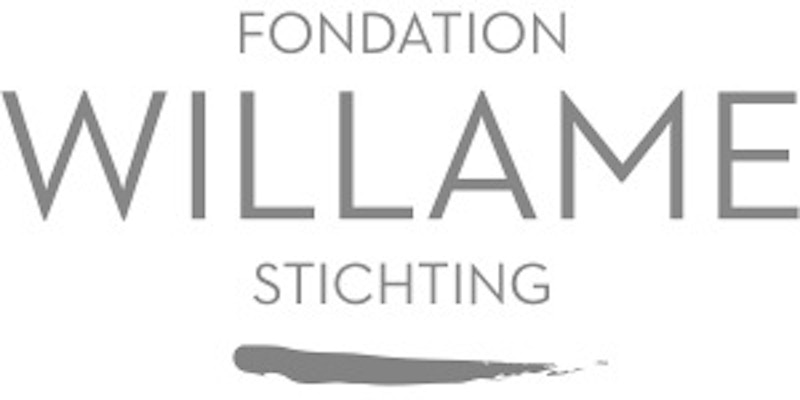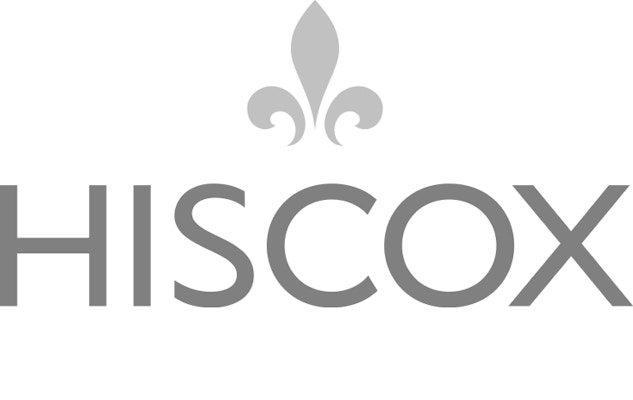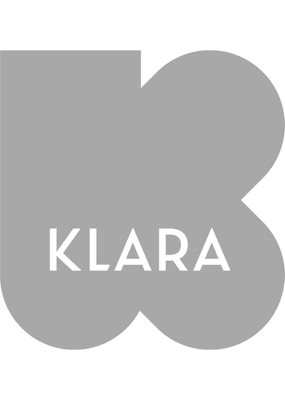General Idea
AIDS
1987
Zeefdruk op papier
68,5 x 68,5 cm
Collectie S.M.A.K
NL - General Idea is de naam van een Canadees kunstenaarscollectief dat actief was tussen 1969 en 1994. De leden waren: Michael Tims (°1946, Vancouver), beter bekend als AA Bronson, Ronald Gabe (1945, Winnipeg-1994), alias Felix Partz en Slobodan Saia-Levy (1944, Parma-1994), bijgenaamd Jorge Zontal. General Idea geniet internationale bekendheid door hun artistieke praktijk die onder meer de mythe van de kunstenaar, de rol van de massamedia en kwesties over gender en seksuele onderdrukking aan de orde stelt. Het collectief hanteerde een conceptuele aanpak en produceerde werken in tal van media, gaande van fotografie, sculptuur en schilderkunst tot video, performance, evenementen, installaties en mail art. In 1970 ontstond de naam General Idea per vergissing toen de organisator van een tentoonstelling de titel van hun werk verkeerdelijk interpreteerde als naam van de groep.
De zeefdruk AIDS toont een door het collectief ontworpen logo, geïnspireerd op het iconische popartschilderij Love (1966) van Robert Indiana, General Idea verving het woord ‘love’ door ‘aids’. Midden de aidsepidemie van de jaren 1980 wilde het collectief het taboe rond de ziekte doorbreken en het stigma bestrijden dat alleen homofiele mannen erdoor getroffen werden. De kunstenaars wilden hun logo breed verspreiden om de ziekte niet langer te negeren. Het ontwerp was overal te zien, van trams in Amsterdam tot een billboard op Times Square.
FR - General Idea est le nom d’un collectif canadien d’artistes actif entre 1969 et 1994. Ses membres sont Michael Tims (°1946), mieux connu sous le nom d’AA Bronson, Ronald Gabe (1945-1994), alias Felix Partz, et Slobodan Saia-Levy (1944-1994), surnommé Jorge Zontal. General Idea est réputé internationalement pour sa pratique artistique qui aborde notamment le mythe de l’artiste, le rôle des mass-médias et les questions de genre et de domination sexuelle. Le collectif a développé une approche conceptuelle et produit des œuvres dans de nombreux médiums : photographie, sculpture, peinture, mais aussi vidéo, performance, évènements, installations et art postal. Le nom General Idea est le fruit d’une erreur : en 1970, l’organisateur d’une exposition a cru à tort que le titre d’une œuvre était le nom du groupe.
La sérigraphie AIDS représente un logo conçu par le collectif, qui s’est inspiré du tableau pop’art iconique Love (1966) de Robert Indiana. General Idea a remplacé le mot « love » par « aids ». En pleine épidémie de SIDA dans les années 1980, le collectif a voulu briser le tabou autour de la maladie et combattre la stigmatisation des homosexuels, prétendument seuls à être touchés par le SIDA. L’objectif des artistes était de diffuser largement leur logo pour que la maladie ne soit plus ignorée. L’image était visible partout, depuis les trams d’Amsterdam jusqu’à un panneau publicitaire sur Times Square.
ENG - General Idea is the name of a Canadian artists’ collective that was active between 1969 and 1994. It comprised Michael Tims (b. 1946, Vancouver), better known as AA Bronson, Ronald Gabe (b. 1945, Winnipeg – d. 1994), aka Felix Partz, and Slobodan Saia-Levy (b. 1944, Parma – d. 1994), nicknamed Jorge Zontal. General Idea were internationally acclaimed for their artistic practice that addressed, amongst other things, the myth of the artist, the role of the mass media and issues around gender and sexual repression. The collective took a conceptual approach and produced works in diverse media, ranging from photography, sculpture and painting to video, performance, happenings, installations and mail art. The name General Idea was coined by accident in 1970 when an exhibition organiser mistook the title of one of their artworks for the name of the group.
The AIDS screen-print shows a logo designed by the collective, inspired by Robert Indiana’s iconic Pop Art painting, Love (1966). General Idea replaced the word ‘love’ with ‘AIDS’. Amid the AIDS epidemic of the 1980s, the collective wanted to break the taboo surrounding the disease and tackle the stigma that it only affected gay men. The artists strove to disseminate the logo as widely as possible to help raise awareness of the disease. Their design was displayed around the world, from trams in Amsterdam to a billboard in Times Square.















